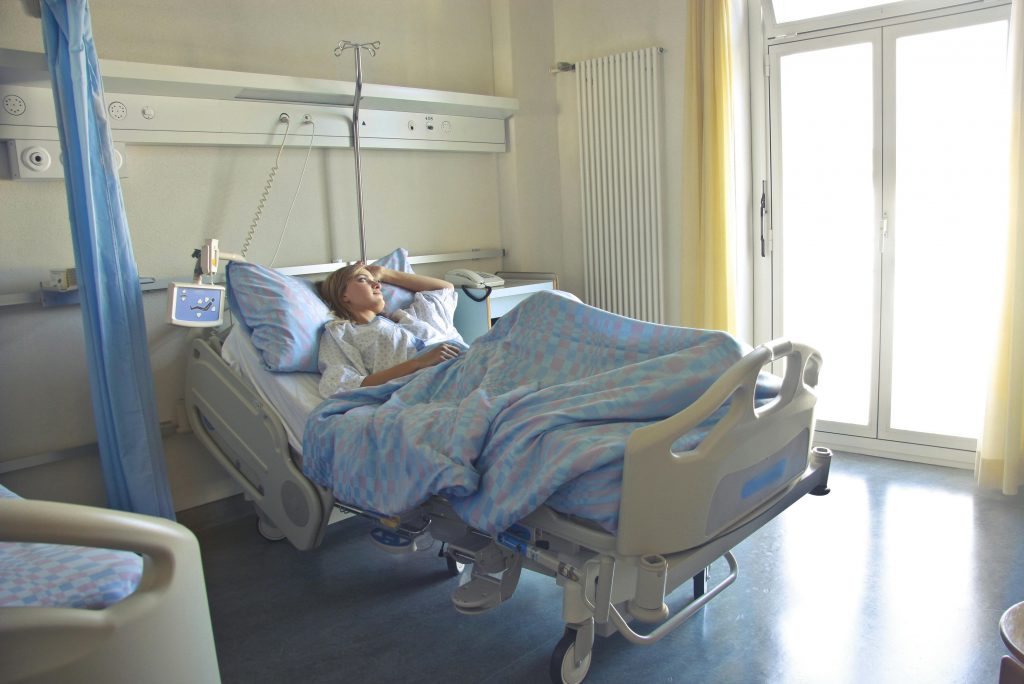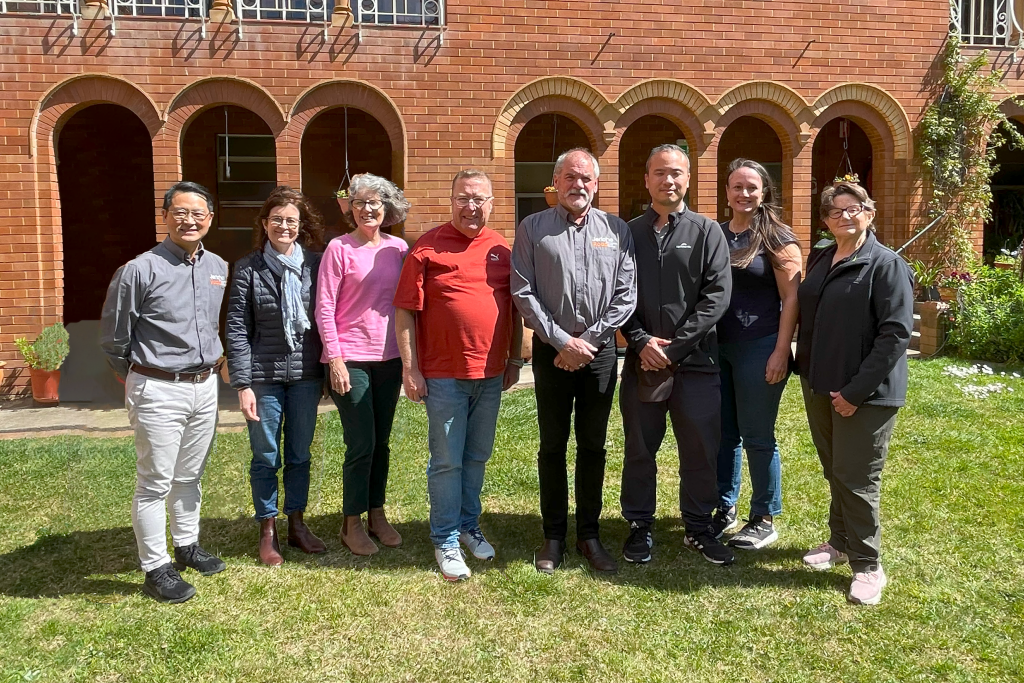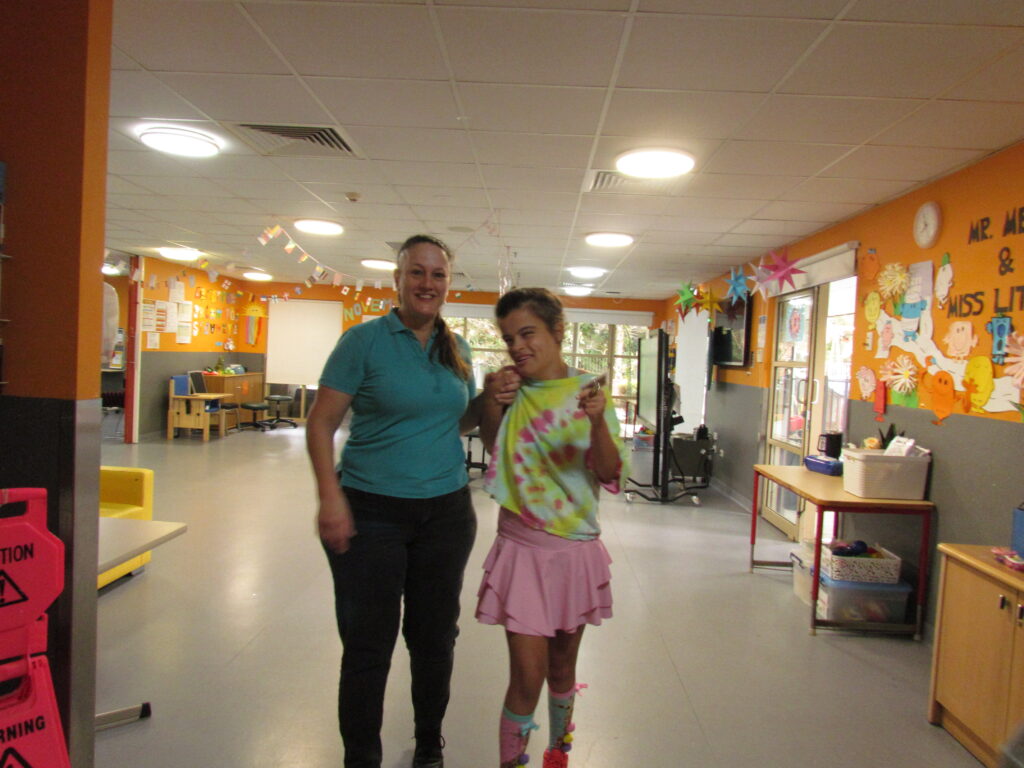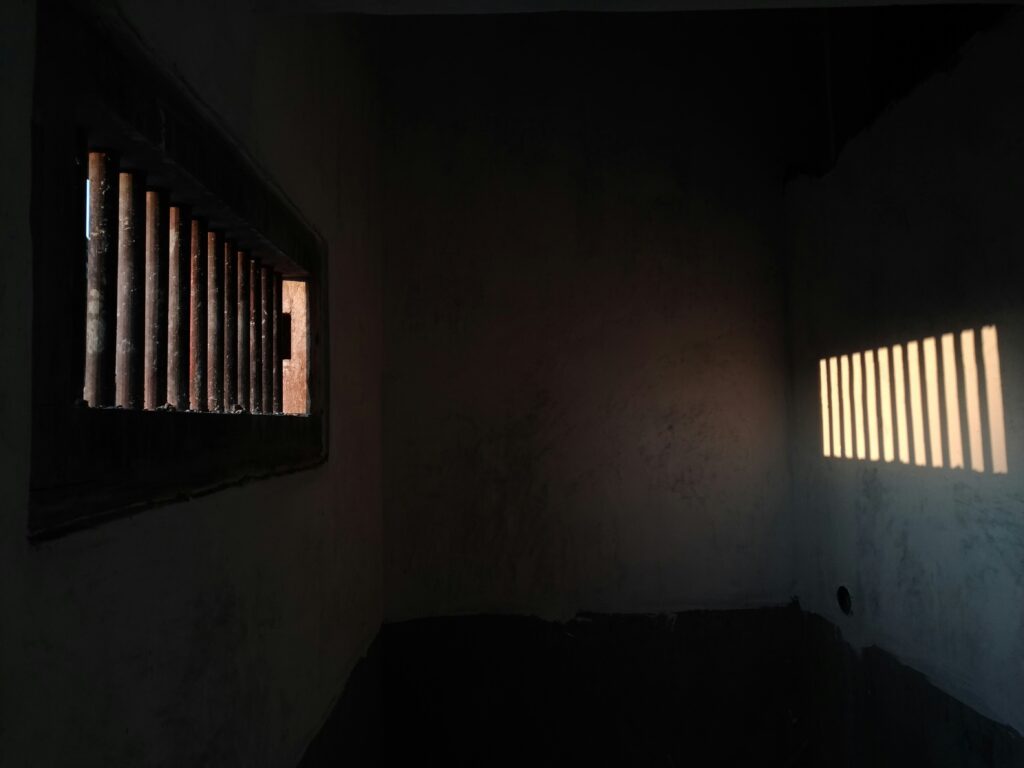

Joseph Park | Jericho Road Senior Chaplain
The great challenge facing Christian chaplaincy is that chaplaincy in public places is required to embrace all forms of faith and persuasion, including humanistic and atheistic, as secular public services reflect the growing secularism in our community.
In 2021, McCrindle research group found that two in five Australians (39%) agree that Christian chaplains in hospitals or jails should be stopped (Australia’s Changing Spiritual Landscape Report 2021, page 19). However, three in five (61%) disagree and are therefore open to Christian practices in public life continuing. Without reading too much into numbers, we can all agree that the spiritual landscapes in our community are changing. Yet, there remains a place for Christian practices and ministries like chaplaincy to continue.
Here’s why we need Christian chaplaincy in public places like hospitals:



People are searching – The McCrindle research found that despite growing secularism in Australia, faith and spirituality continue to be key elements of an Australian’s identity (69% strongly or somewhat agree). During the pandemic, almost half of Australians have thought more about the meaning of life (47%) or their own mortality (47%). A third of Australians have thought more about God (33%), while three in ten (28%) have prayed more (Mainstreet Insights, The Australian Spirit during COVID-19, August 2020).
There is a growing appetite beyond materialism to find meaning and purpose in life, but where do people seek spaces to talk about these things? People are not flocking into churches on Sundays to find answers. Where else? They are in public places like hospitals where the issues of mortality and suffering invite people to ponder questions of meaning and life. But who has the message about the meaning of life and purpose that points to a true way to life and hope?



People are lonely – The latest findings on loneliness in Australia reveal it as a significant and growing public health issue. Approximately 1 in 3 Australians report feeling lonely at any given time, with 1 in 4 experiencing persistent loneliness (2023 State of the Nation). Isn’t it ironic that we are supposedly more connected with others than ever before through our devices, yet more people are reportedly lonely? The UK government has appointed a loneliness minister who works with charities and the local governments across the UK to tackle the growing issue related to loneliness, investing over 20 million pounds into programs that foster connection.
Where are the most vulnerable and lonely Australians found? In their homes, but also in public places like hospitals and residential care homes, where life travels at a much slower pace, but the weight of loneliness is heavier by the hour. Who would go to meet with them and sit with them? Who has the unhurried heart to be with them?
Despite public services attempting to marginalise Christian influence in public spaces, people are searching and are isolated more than ever. Therefore, as followers of Jesus, our response to the growing community of seekers and those experiencing loneliness should be incarnational, reflecting that of Jesus, who saw a large crowd and had compassion on them because they were like sheep without a shepherd (Mark 6:34). He threw himself into the crowd of seekers and taught them the message of the kingdom of God which at its core was all about God’s redemptive love for the lost.
Take one of our hospital chaplains who met a man named Bill as an example of Christian Chaplaincy at work…
Bill had a massive stroke. He was unconscious, and staff said he was not expected to survive.
Who visits him? His two mates from the streets and a chaplain, who found out that Bill has been rejected by his ‘religious‘ extended family for 20 years.

His two friends say he was so funny and intelligent. “He could have been a doctor if only …”.
One speaks of spending eight winters living under a bridge with Bill. His friends retell their stories because the chaplain creates an unhurried, respectful, supportive space. One of the men brought two battery shavers to give Bill a shave…, but neither of the shavers worked properly.
In time, his large estranged family comes. They speak about their regret and shame, feeling powerless to help him change. They don’t call him Bill but his birth name. They bring in a shaver that works. The family members also retell their stories because the chaplain creates an unhurried, respectful, and supportive space. This compassionate work reflects Jesus, who had compassion for the lost crowd.

If any of the individuals who participated in the survey had met one of our Jericho Road chaplains, their response to the question, “Do we need Christian chaplains in public spaces?” may change to a resounding ‘yes’. But that also depends on keeping our Christian chaplains in public spaces. The gap between government subsidies for chaplaincy and the cost of employing our chaplains is increasing and unsustainable. What’s our response to the crowd of seekers? What can we do to keep our Christian presence in secular public spaces like hospitals, prisons and other emergency services? At the very least, we can pray for chaplains. I also urge you to financially support our chaplains on the frontline who are daily ministering to the crowd of seekers and those who are lost without Christ.
Your support will help our chaplains provide pastoral care that makes Jesus known.
Joseph serves as the Senior Chaplain for Jericho Road, supporting our team of Presbyterian chaplains serving in healthcare, prisons and the emergency service settings. He’s passionate about this ministry and enjoys sharing about the joys and challenges with churches considering partnership.
Want to invite Joseph to share at your church?
Send him an email at seniorchaplain@jerichoroad.org.au.






